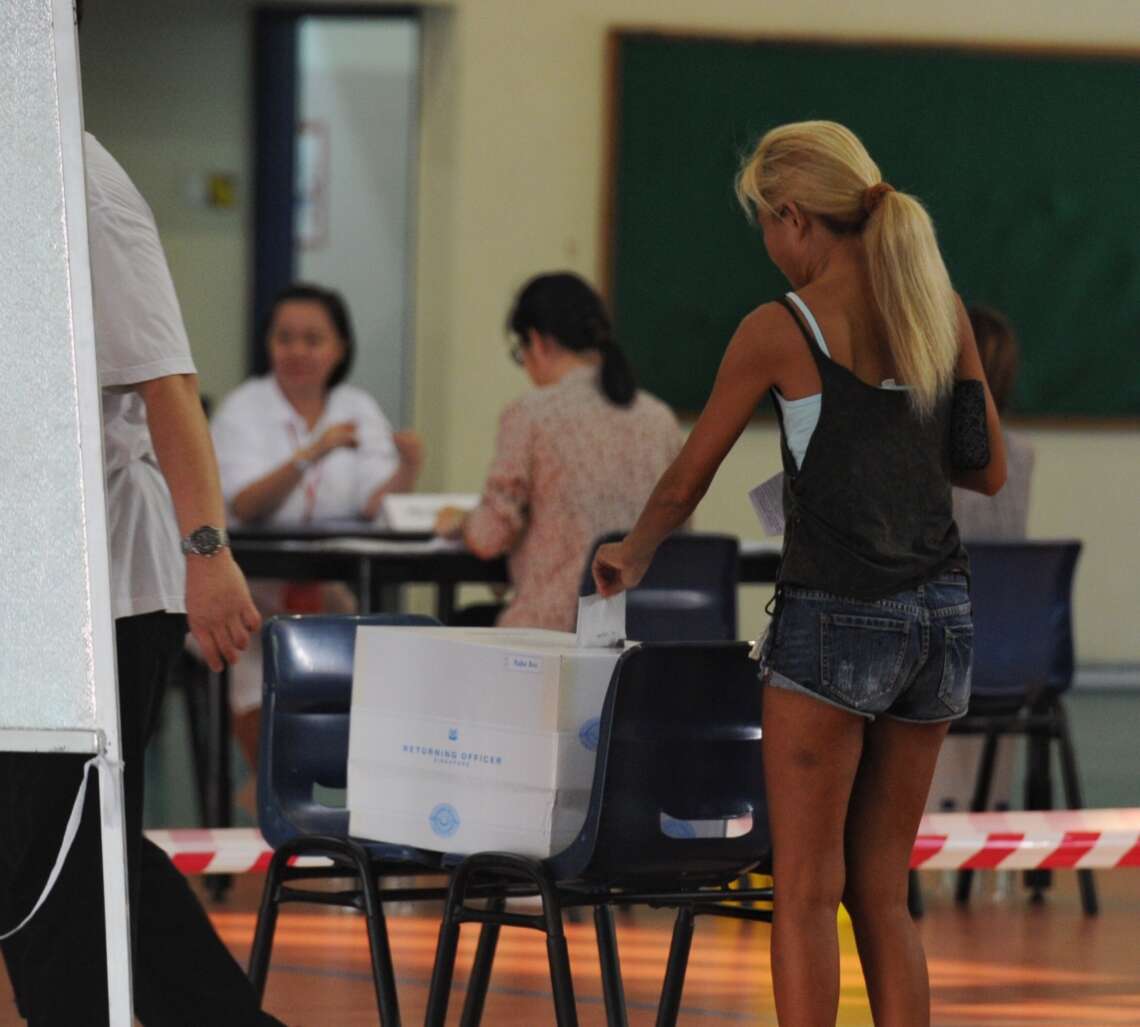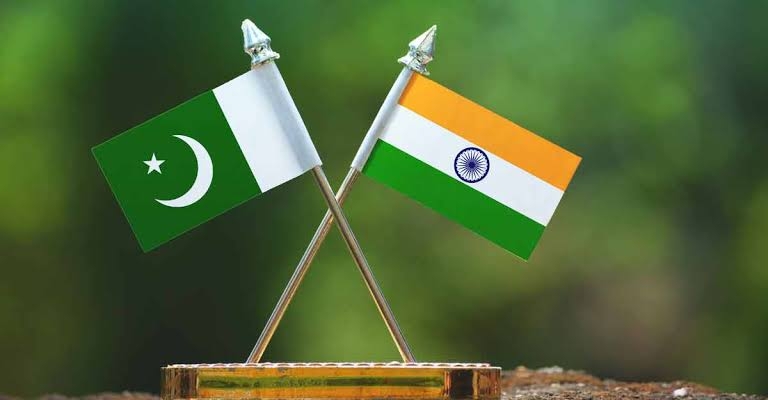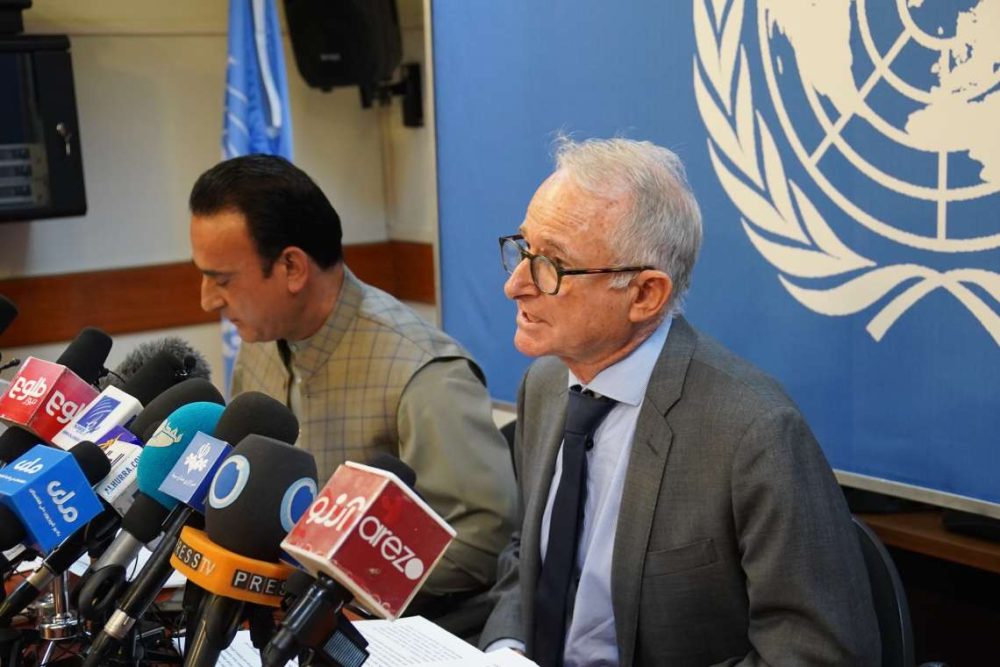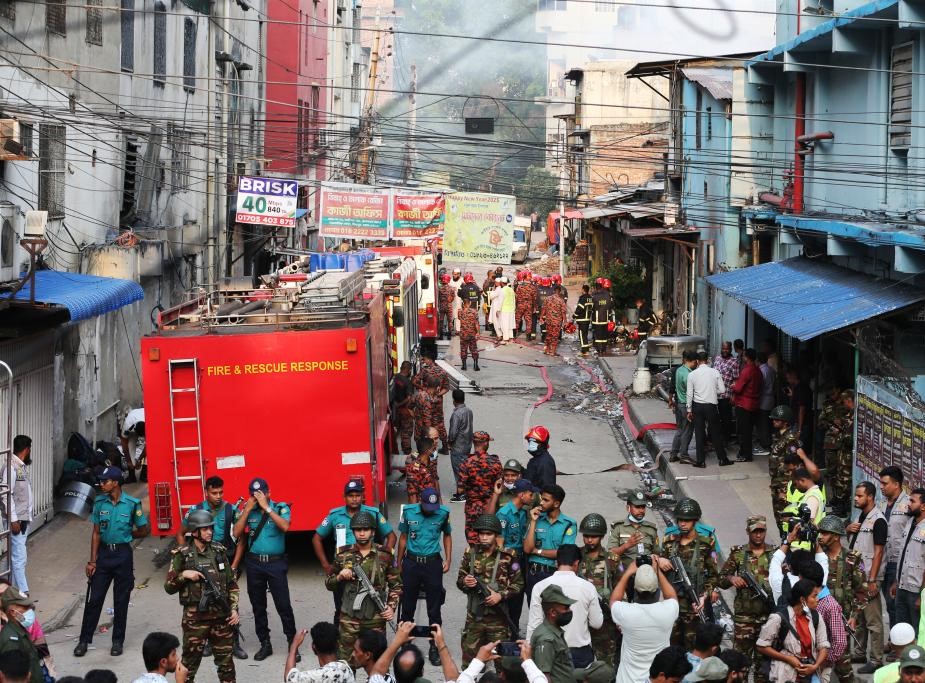Polling has begun in Singapore’s general election, with stations across the island nation opening at 8:00 a.m. local time on Saturday, as 211 candidates vie for 97 elected parliamentary seats.
Among the 97 seats, five in a multi-member constituency have already been secured by the ruling People’s Action Party (PAP) after no opposition candidates stood there.
This election marks a historic first for Prime Minister Lawrence Wong, who is leading the PAP into a general election for the first time since succeeding Lee Hsien Loong in May 2024. Wong faces the challenge of maintaining PAP’s political dominance in a shifting global and domestic climate, following Lee’s two-decade tenure.
The PAP, which has governed Singapore since its independence in 1965, is contesting all available seats with a full slate of 97 candidates.
Global headwinds, local concerns
The stakes in this election go beyond the parliamentary seat count. The next cabinet will be tasked with guiding Singapore through increasing economic headwinds, including the fallout from sweeping US tariffs that threaten trade-reliant economies like Singapore.
Speaking at the May Day Rally on Thursday, Wong warned of “further disruptions” and “price shocks” stemming from global developments, which could intensify cost-of-living concerns for Singaporeans.
Opposition hopes to expand
The Workers’ Party (WP), Singapore’s main opposition force, is fielding 26 candidates across eight constituencies. Having increased its seat count from six in 2015 to ten in 2020, the WP now aims to extend its foothold, particularly in eastern Singapore.
One of the most-watched battlegrounds is the Punggol multi-member constituency, where Deputy Prime Minister Gan Kim Yong leads the PAP slate. Gan, also Minister for Trade and Industry and chair of the newly formed Singapore Economic Resilience Taskforce, is being challenged by WP’s Harpreet Singh Nehal, a prominent senior lawyer.
In five constituencies, voters are witnessing multi-cornered contests, with the most competitive race emerging in Tampines, where three opposition parties are challenging the incumbent PAP team.
Voter turnout and timeline
Approximately 2.76 million Singaporeans are eligible to vote. Polling stations will close at 8:00 p.m. local time, with results expected later in the night.
The outcome will shape Singapore’s political future and determine how it navigates an increasingly turbulent global economy under its new generation of leadership.









